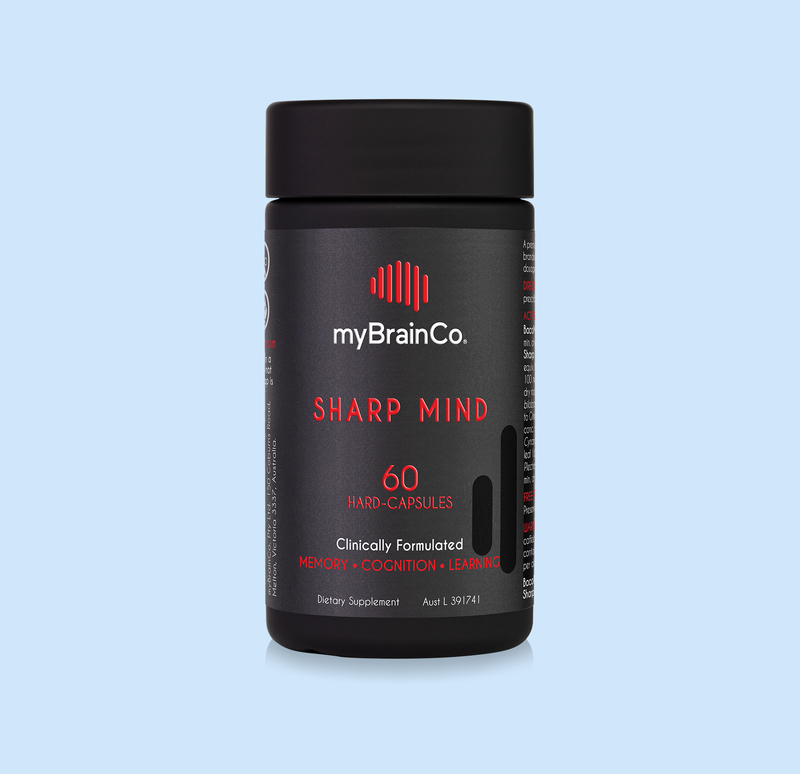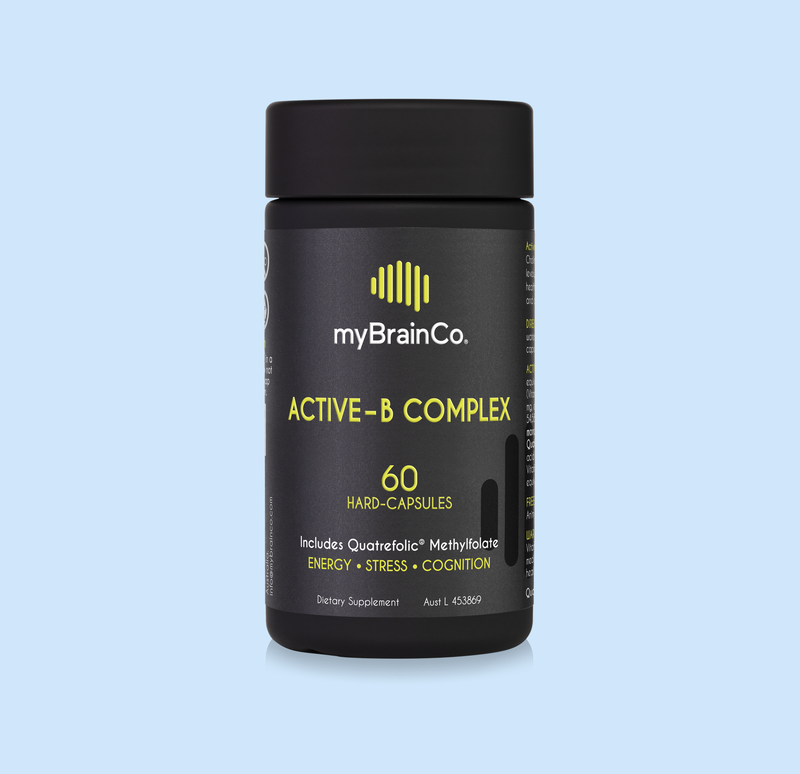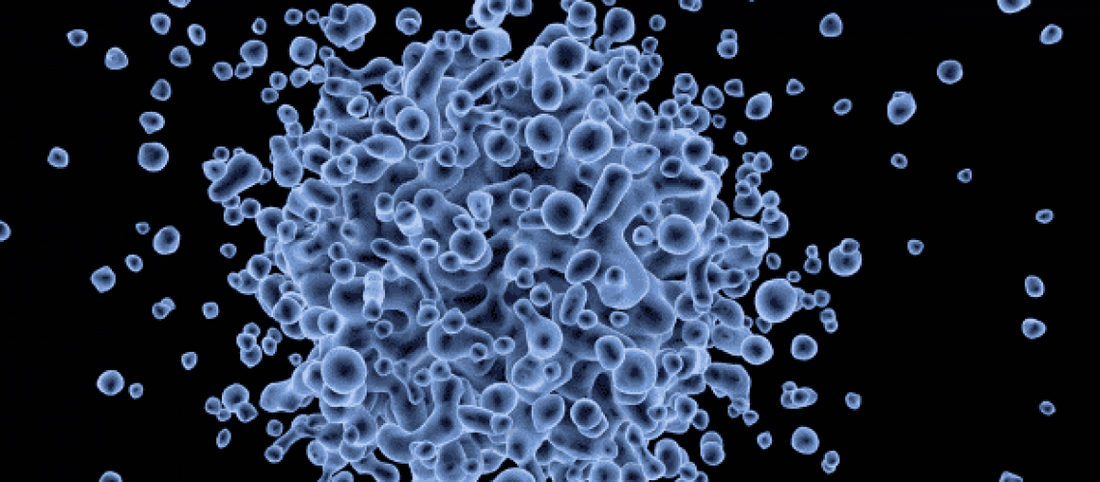When it comes to optimising your cellular health, would it surprise you that making sure your diet is on point is by far the most important thing?
What you eat literally feeds & fuels your cells and gives them the essential building blocks for quality maintenance material to run all the functions the body performs on a daily basis.
So here are 5 key tips for rebooting your cells:
1. Focus on a healthy diet
The Mediterranean diet always comes out on top in many studies, and one major reason this seems to be the case is because it centres around a good amount of good quality essential fatty acids, which are super important for cell health. The Mediterranean diet is also naturally higher in antioxidants, particularly in the plant foods consumed, which help protect cells from free radicals.
“When produced in excess, free radicals and oxidants generate a phenomenon called oxidative stress, a deleterious process that can seriously alter the cell membranes and other structures such as proteins, lipids, lipoproteins, and deoxyribonucleic acid (DNA)”[1]
Incorporate the principles of the Mediterranean diet into your daily eating habits by:
- Focussing on half your weekly meals coming from poultry and fish and the other half from vegetarian sources, like legumes.
- Fill your dinner plate with leafy greens and incorporate fruits and nuts into your salads to add flavour and nutrients.
- Keep dressings simple with extra virgin olive oil, salt, pepper, lemon juice and garlic.
- Keep red meats, processed foods, sweets and treats to an absolute minimum.
2. Reduce stress
Studies have shown that prolonged stress impacts your telomeres. Telomeres are a cellular marker of ageing, and they play an important role in making sure our DNA gets copied properly when cells divide. This means that unmanaged stress ages you and can shorten your lifespan![2]
There are a number of ways to reduce stress, ranging from hugs, laughter and breathing exercises to singing, spending time with loved ones or taking part in a hobby that brings you joy. There are also many herbal medicines that help support your stress response, such as Rhodiola, Zizyphus and Kava.
3. Move, move, move
According to research, exercise improves muscle health by renewing its cellular powerhouse: the mitochondria. Mitochondria are crucial to the good functioning of our bodies, as well as to our overall health and longevity.[3]
More mitochondria means more energy production, to live our lives free of fatigue. Exercise is an effective way to build more mitochondria and nutrients like quercetin found in the diet and supplements have also been shown to help with mitochondria biogenesis.[4] Mitochondria are also susceptible to damage from free radicals, and antioxidants like astaxanthin have been shown to provide protection to mitochondria from oxidative stress.[5]
4. Avoid highly processed food
This is especially important when it comes to foods that contain unhealthy oils or cooking with vegetable oils. Processed food can contain loads of ingredients which don’t provide our body or cells with quality building blocks; in fact, in contrast, they contribute to free radical damage which ages our cells.[6] Choosing fresh foods first and foremost help build healthier cells and place considerably less burden on the body.
5. Supplement where necessary
We cannot supplement our way out of poor diet or lifestyle choices. However, supplementation can help to build in the resources our body needs to heal and repair from exposures in our daily lives.
Deficiencies in common nutrients that are important to cellular health, such as B vitamins and magnesium are common and boosting levels can help make a difference in energy, mood and recovery from stress or exercise.
Our body can produce free radicals just from common bodily functions, like breaking down our food and breathing. With a good quality diet, we should have the capacity to balance this however, if we have environmental exposures, poor food choices and chronic stress, it can be easy for the body’s natural defence systems to become overwhelmed, and this is where supplementing with nutrients, fatty acids and antioxidants can help provide the resources to keep our cells in tip-top shape.
.
.
.
.
.
📖 References:
- Pham-Huy LA, et al. Free radicals, antioxidants in disease and health. Int J Biomed Sci. 2008 Jun;4(2):89-96.
- Lin J, et al. Stress and telomere shortening: Insights from cellular mechanisms. Ageing Res Rev. 2022 Jan;73:101507.
- Laker RC, et al. Ampk phosphorylation of Ulk1 is required for targeting of mitochondria to lysosomes in exercise-induced mitophagy. Nat Commun 8, 548 (2017).
- Schor J. The Influence of Quercetin on Exercise Performance and Muscle Mitochondria. Nat Med Journal 2014 Jan 15.
- Galasso C, et al. On the Neuroprotective Role of Astaxanthin: New Perspectives? Mar Drugs. 2018 Jul 24;16(8):247.
- Perumalla Venkata R, et al. Evaluation of the deleterious health effects of repeatedly heated vegetable oil consumption. Toxicol Rep. 2016 Aug 16;3:636-643.



